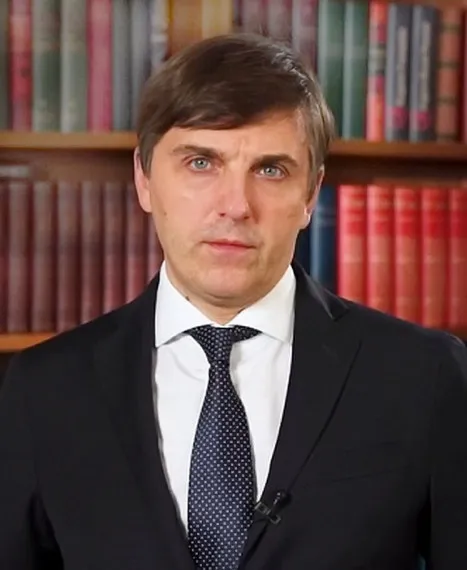Everything in Chat! School Services Move to Max Messenger
Russia’s educational landscape has entered a new digital era. The national platform ‘Sferum’ has been fully integrated into Max — the country’s homegrown messenger. Now, millions of users can access class schedules, report cards, and communication tools, all in one place.
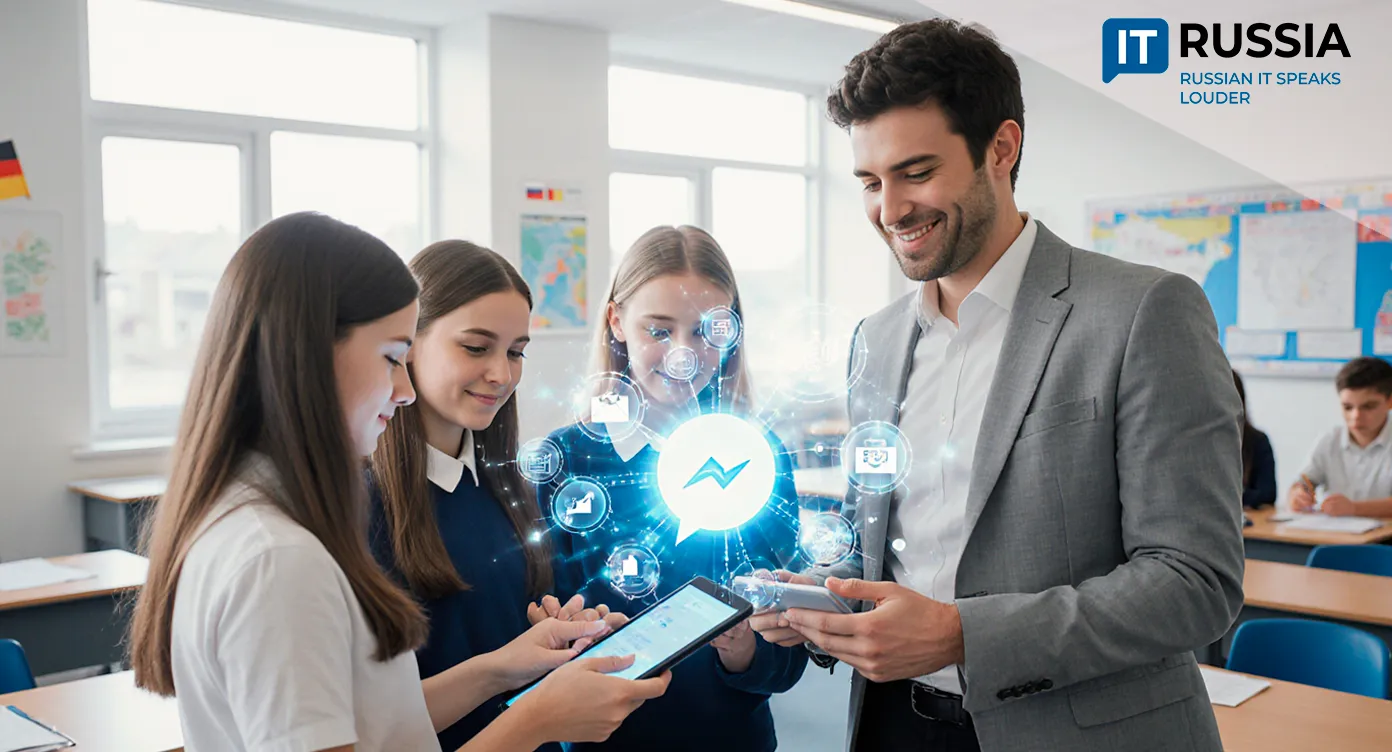
The Great Migration
On September 15, 2025, Russia’s education system took a decisive leap into a new digital reality. This is more than a technical upgrade — it’s a sweeping communications reform that redefines how students, teachers, and parents interact.
Behind the headlines of “seamless integration” and “user convenience” lies a carefully designed strategy to build a centralized educational ecosystem.
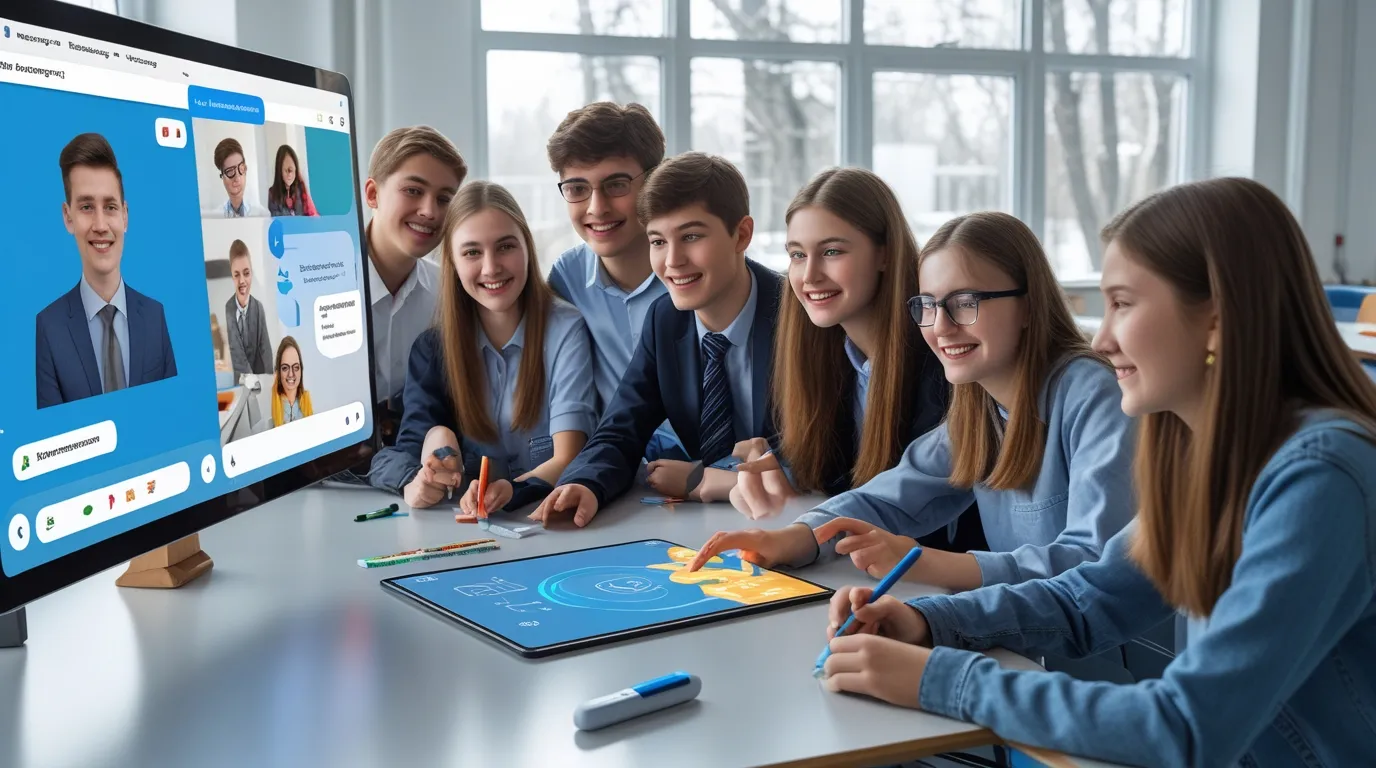
The rollout is structured and phased. The pilot phase launched across regions such as Tatarstan, Mari El, Altai, Khanty-Mansi Autonomous Okrug, and the Vladimir and Tver regions. Integration mechanisms are already being tested there, with full migration of school chats — including those formerly hosted on VK and Sferum — to be completed by November 1, 2025.
Users will gain access to the full suite of Sferum features: group chats, video calls for up to 100 participants, interactive whiteboards, and file sharing. Most importantly, Max will connect directly with the national information system My School, enabling access to class schedules, electronic diaries, and grades in one interface.
From Messenger to Maxenger
In the near future, Max is expected to expand far beyond basic communication. The roadmap includes academic performance analytics, recommendation systems, gamification tools, AI tutors, and adaptive learning mechanisms.
The long-term vision is to create a full-fledged educational ecosystem within the messenger — encompassing extracurricular and supplementary education, and potentially integrating with state services such as Gosuslugi and digital identity systems.
From an export perspective, while the ‘Sferum + Max’ infrastructure is tightly aligned with Russian regulatory frameworks, its individual technology modules — including data security, student profiling, and embedded analytics — could attract international interest, especially in countries where public education plays a major administrative role.
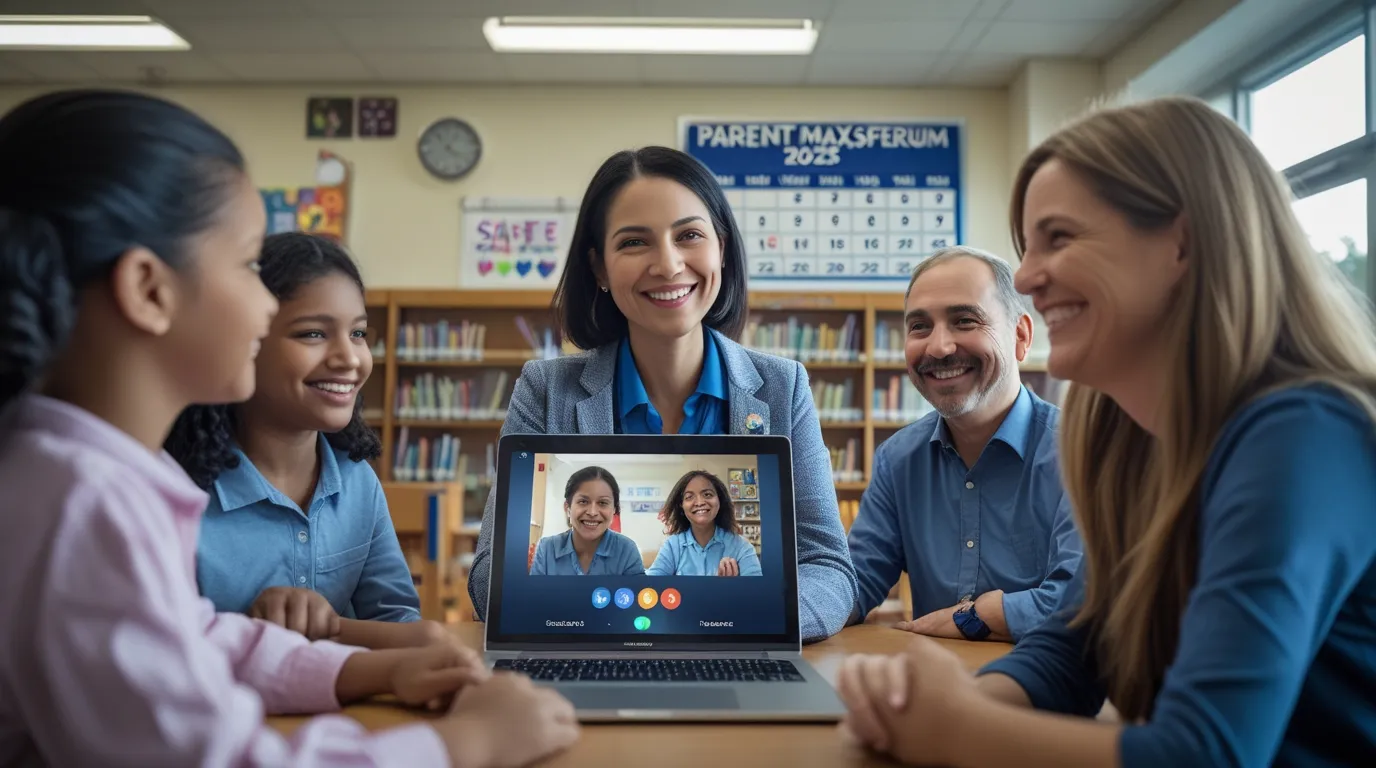
Everything Included
One of the most important innovations is the “student mode” — a secure environment with strict content and communication controls. This feature responds to growing concerns about digital hygiene and online safety, aligning with Russia’s broader push toward digital sovereignty. The state continues to develop national platforms for critical social sectors, and education stands at the forefront of this initiative.
Globally, Russia’s approach mirrors the rising trend of “all-in-one” platforms that merge communication and public services — but with a distinct emphasis on centralization. What began as a gradual migration from WhatsApp and Telegram to Sferum has now culminated in a unified educational ecosystem within Max.
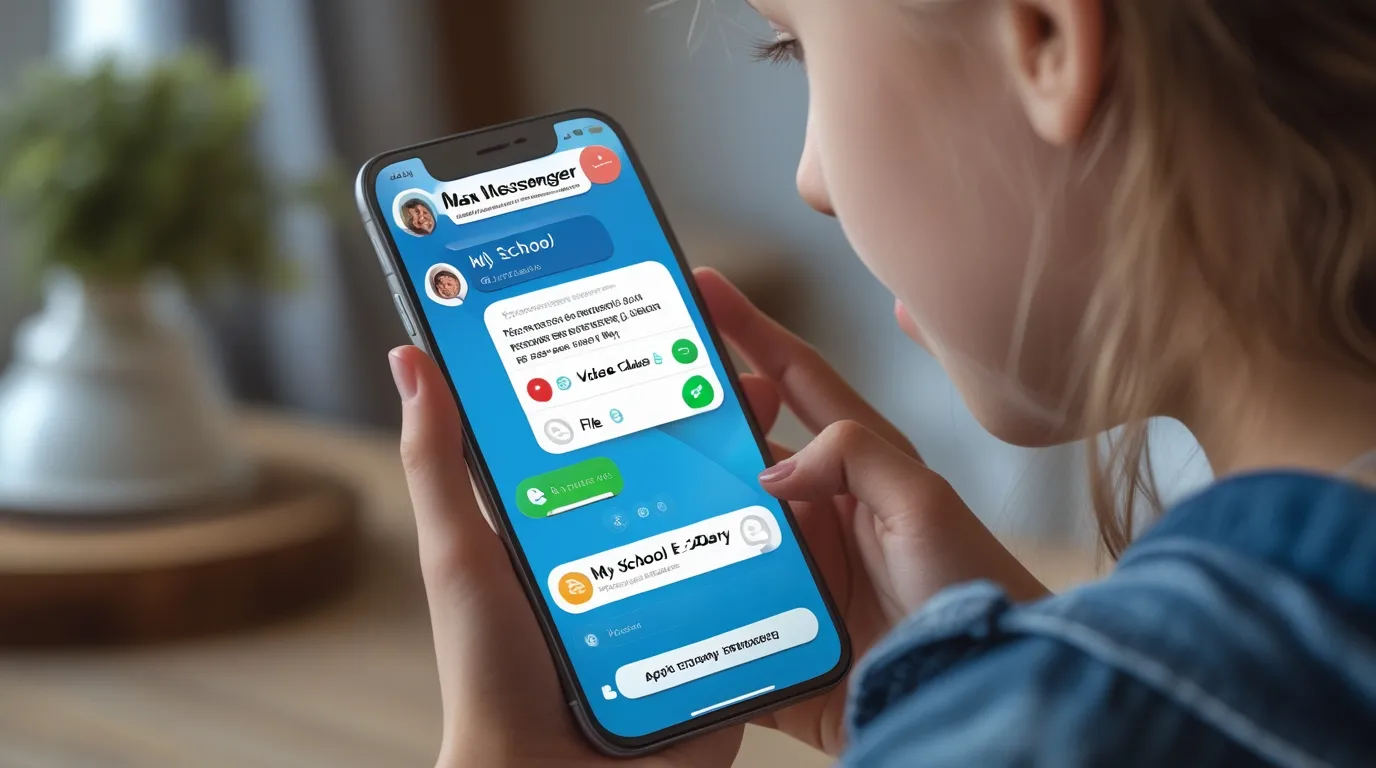
More Than an Upgrade
This final stage of integration will create a robust, secure, and managed digital education space. Users will enjoy a simplified “one-window” experience that combines convenience and control. Max for Schools represents a cornerstone in Russia’s digital education infrastructure — where safety, usability, and sovereignty go hand in hand.
Rather than simply catching up to the global trend of super apps, Russia is building its own model — one where communication, education, and public services coexist seamlessly.


